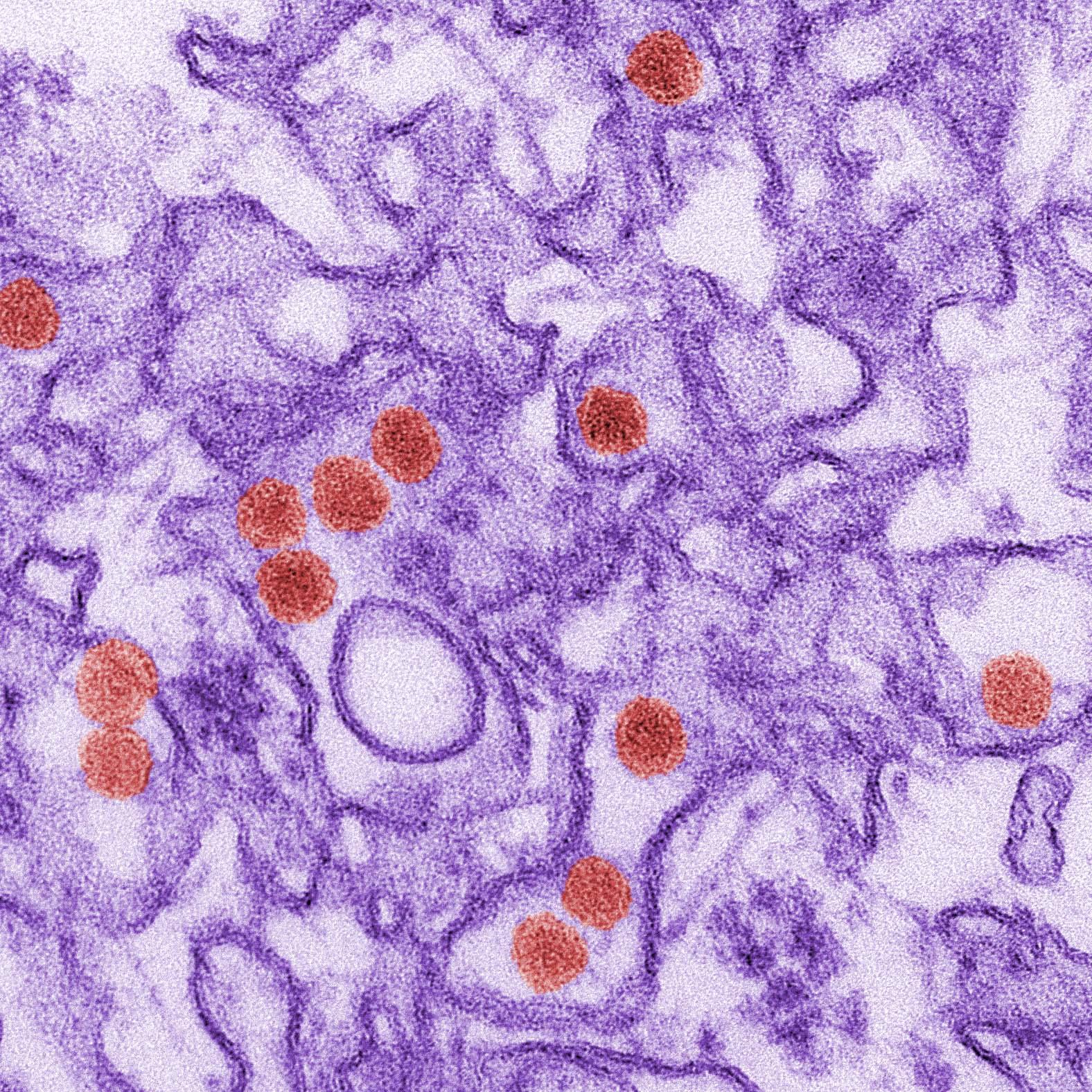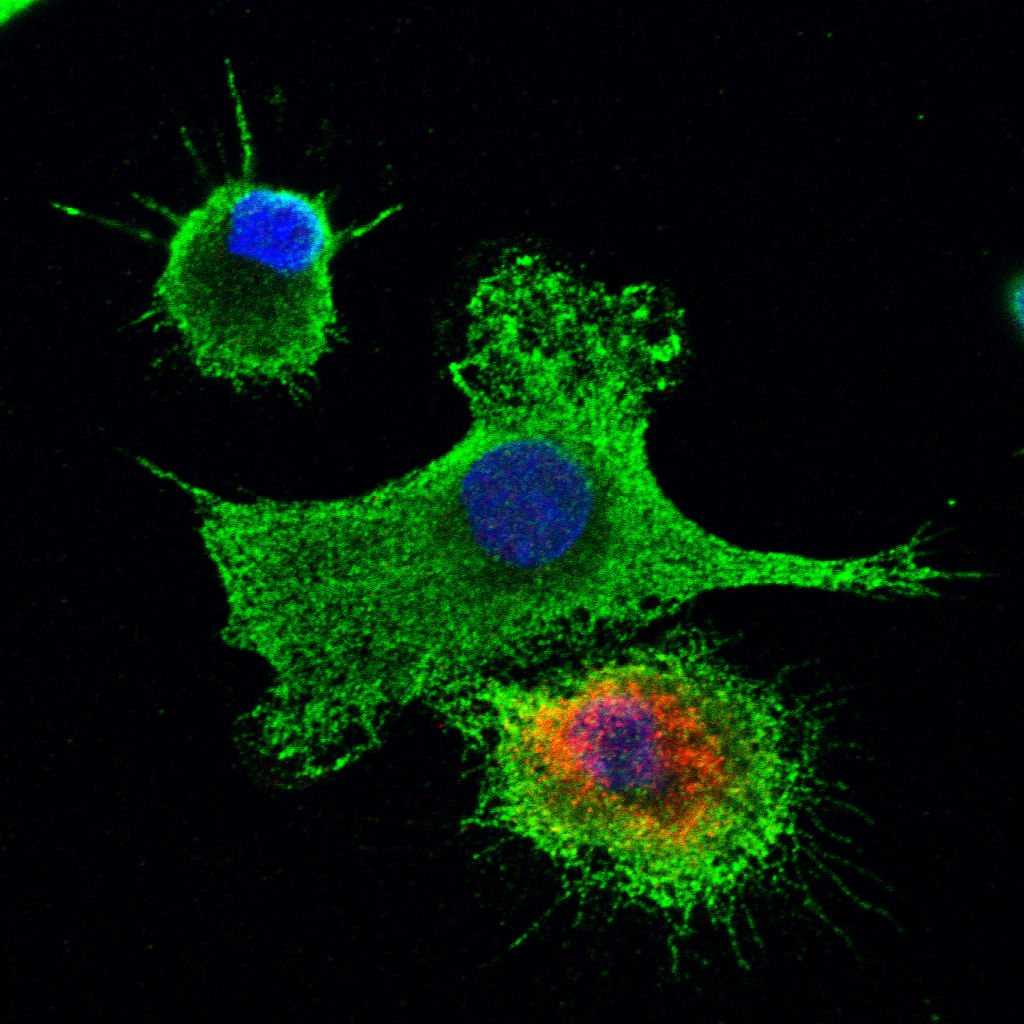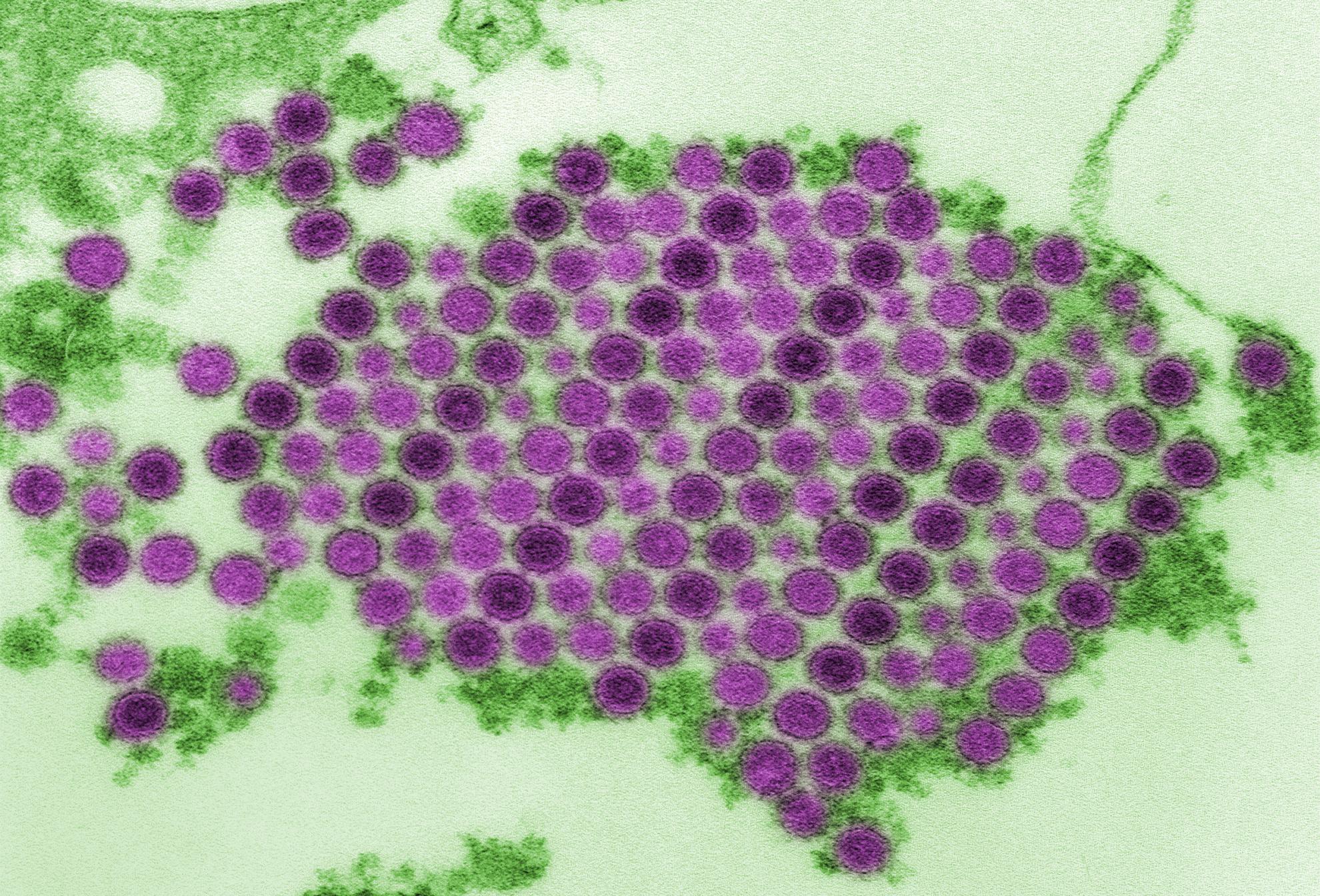Our group
One third of all emerging infectious diseases are vector-borne. Our group studies the molecular mechanisms that shape the transmission, emergence and pathogenesis of flaviviruses and other vector-borne viruses.
Viruses within the genus Orthoflavivirus (family Flaviviridae) include some of the most significant vector-borne and zoonotic viruses affecting humans and livestock, including dengue virus, yellow fever virus and Zika virus, as well as emerging viruses such as Alkhumra haemorrhagic fever virus and Japanese encephalitis virus. Dengue virus can cause a life-threatening haemorrhagic disease and is the most prevalent human arthropod-borne virus, with the number of cases doubling every decade since 1990 and half the world’s population now living in at-risk areas. Zika virus can cause severe developmental disorders and emerged in the Americas in 2015, causing a global public health emergency. There are no antiviral therapies to treat any flaviviral diseases, and even though some vaccines exist, flaviviruses continue to cause severe disease outbreaks and threaten to increase their global reach due to climate change and changing land use.
We study the mechanisms by which flaviviruses infect and cause disease in vertebrate hosts such as humans and pigs. Since most flaviviruses are vector-borne, we also study the tropical mosquito Aedes aegypti, which is the most important mosquito vector globally.
Our aims
Our overarching goal is to understand the molecular virus-host interactions that define the ability of flaviviruses and other vector-borne viruses to be transmitted by different invertebrate vector species and infect and cause disease in different vertebrate host species. This will allow us to understand how vector-borne viruses adapt to new hosts and vectors to cause zoonotic disease and emerge as globally important pathogens.
Ultimately, our work aims to identify novel targets to prevent transmission of viruses by vectors and reduce the impact of disease in humans and livestock.
Our research
Major ongoing research topics in our group include:
- How are flaviviruses detected by the mosquito immune system?
The mosquito immune system is a strong barrier to disease transmission because it can reduce the ability of a virus to replicate in its vector. We are working towards identifying which specific molecules associated with virus infection can be detected by the mosquito immune system. We are also characterising what mosquito factors and pathways are involved in the detection of these viral molecules.
- How do flaviviruses interfere with the mosquito immune system to enhance viral replication and transmission?
To cause disease, or be transmitted by their vector, viruses have evolved mechanisms to dampen down immune responses to allow more vigorous viral replication. We are defining the mechanisms by which flaviviruses actively block immune responses in their mosquito vectors. We are also working to understand whether these immune-blocking mechanisms contribute to the ability of flaviviruses to be transmitted by specific mosquito species.
- How do flaviviruses cause disease in their vertebrate hosts?
While flaviviruses can cause severe disease in some hosts, such as humans, pigs and horses, other hosts experience virtually no symptoms. We are using cutting-edge three-dimensional multicell cultures, including organoids, as models to understand why and how flaviviruses can infect and cause disease in some vertebrate hosts but not others. This work aims to understand how flaviviruses emerge as zoonotic pathogens that cross species barriers.
- How do vector-borne viruses evolve lifecycles involving multiple hosts and vectors?
Vector-borne viruses have evolved the capacity to infect multiple highly evolutionarily divergent hosts (i.e. vertebrates such as humans or cattle, and invertebrates such as mosquitoes). We are using cutting-edge bioinformatic, artificial intelligence and machine learning-informed approaches to elucidate the mechanisms by which vector-borne viruses evolve and maintain these complex multi-host transmission cycles in order to develop novel interventions and predict zoonotic disease emergence.
Our impact
We have innovated a number of research tools and methods that are benefiting researchers worldwide working on Aedes aegypti mosquitoes. These methods include improved cell lines that have increased experimental reproducibility between different research groups; the first CRISPR mutant mosquito cell lines; and novel methods to study the mosquito proteome.
Our research could eventually uncover new ways to predict vector-borne virus emergence, prevent the development of disease in vertebrate hosts, and reduce transmission by mosquito vectors. Ultimately, this would reduce human and livestock suffering and death. There would also be an associated decrease in the negative impacts that large-scale epidemics have on healthcare systems and the economies of affected countries.
We work with global public health officials, industry and funders to help them develop and prioritise strategies for combating vector-borne diseases.








